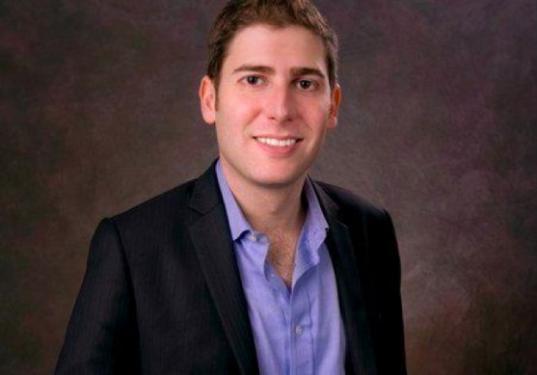Eduardo Saverin, the billionaire Facebook co-founder portrayed by Andrew Garfield in The Social Network, is no longer an American citizen.
Saverin, 30, renounced the U.S. citizenship he gained as a teenager in advance of the company's impending IPO, a move met with criticism.
He's accused of trying to skip out on taxes with the move, though the Brazilian-born resident of Singapore has done nothing illegal at any point.

Eduardo Saverin co-founded Facebook at age 21, was forced out two years later, sued CEO Mark Zuckerberg and ultimately settled out of court.
He was given a share of the company that left him phenomenally wealthy.
His stake, 4 percent of the company, will most likely be worth more than $3 billion when Facebook goes public Friday. Hence his exit now.
Saverin joins a growing number of people giving up U.S. citizenship, a move that can trim their tax liabilities when residing in lower-tax nations.
Said Tom Goodman, a spokesman for Saverin, in an e-mailed statement:
“Eduardo recently found it more practical to become a resident of Singapore since he plans to live there for an indefinite period of time.”
He professes ignorance about his taxes and refuses to discuss his finances.
“This had nothing to do with taxes,” he insisted. “I was born in Brazil, I was a U.S. citizen for about 10 years. I thought of myself as a global citizen.”
Saverin renounced U.S. citizenship “around September”, according to his spokesman.
Singapore doesn’t have a capital gains tax. It does tax income earned in that nation, as well as “certain foreign- sourced income,” according to reports.
Saverin won’t escape all U.S. taxes. Americans who give up their citizenship owe what is effectively an exit tax on the capital gains from stock holdings.
Renouncing your citizenship in advance of an IPO is “a very smart idea,” said one expert, “Once it’s public you can’t fool around with the value.”
Saverin’s decision to leave could have been a wager that the cost of an exit tax now - 15 percent of whatever valuation he could get the IRS to agree to - would be far less than the 35 percent or more in estate tax his heirs would face.
--
Posted By sysop to Smells Like News at 5/17/2012 06:05:00 PM --
You received this message because you are subscribed to the Google Groups "Smells Like News" group.
To post to this group, send email to smellslikenews@googlegroups.com.
To unsubscribe from this group, send email to smellslikenews+unsubscribe@googlegroups.com.
For more options, visit this group at http://groups.google.com/group/smellslikenews?hl=en.









No comments:
Post a Comment